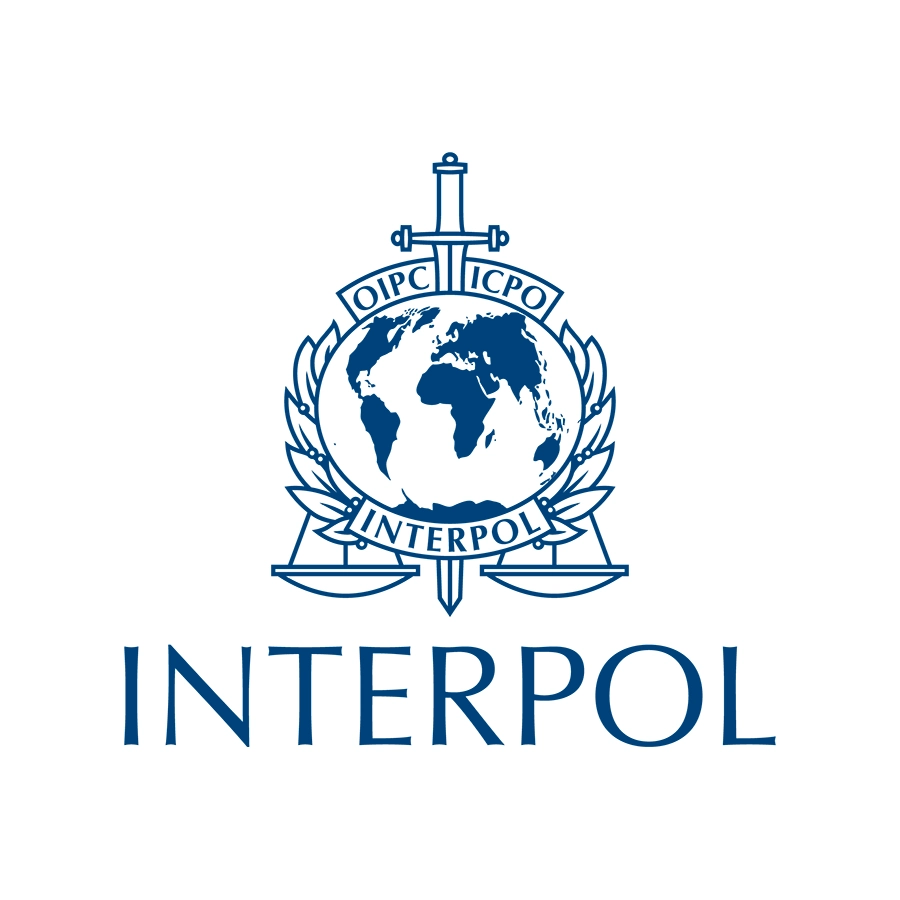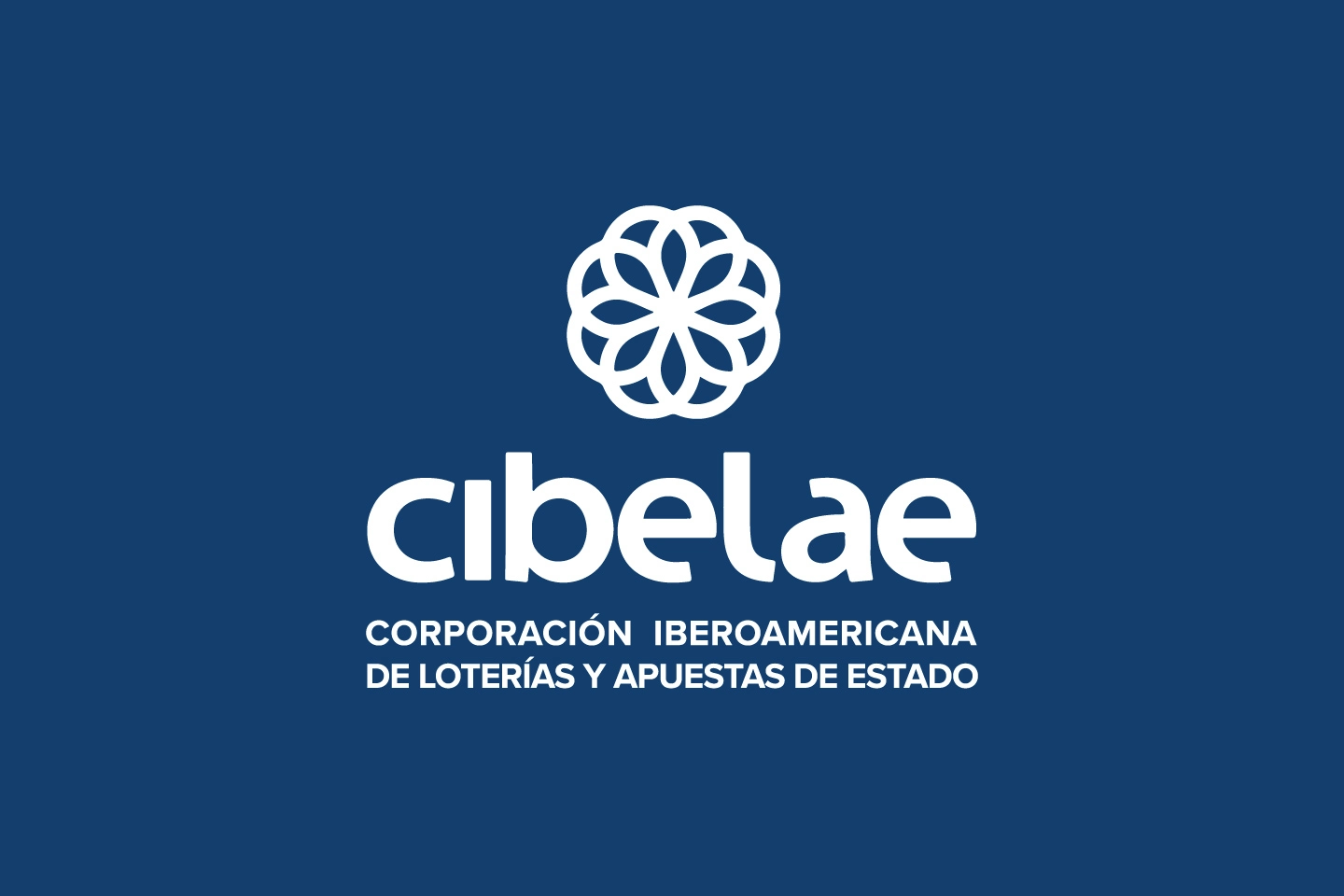The International Criminal Police Organization, or INTERPOL, is an inter-governmental organization, with 196 member countries, whose police it assists, to make the world a safer place.
It achieves this by coordinating and connecting networks of police and experts in different crime areas, through working groups, and at conferences, to share experiences and ideas, and combat crime in the areas of terrorism, cybercrime, organized crime, and financial crime and anti-corruption.
Francisco Portugal is a Criminal Intelligence Officer seconded from the Portuguese National Police (Polícia Judiciária), where he served for more than 10 years as a Criminal Investigator, focusing on cases of corruption, and trafficking of performance-enhancing drugs. Currently, he is seconded to INTERPOL’s Financial Crime and Anti-Corruption Centre, which leads the INTERPOL Match-Fixing Task Force.
Portugal specializes in corruption in sports and the illicit trade of performance-enhancing substances. In this interview, he discusses the work and key INTERPOL partners, including the United Lotteries for Integrity in Sport (ULIS).
Online sports betting continues to grow, while sports competition manipulation occurs across an increasing number of sports. What are some of the biggest challenges for law enforcement authorities?
Law enforcement authorities (LEA) face significant challenges in combating sports competition manipulation, especially with the rise of online sports betting.
The biggest challenge is the transnational nature of these cases, with Organized Criminal Groups (OCGs) targeting multiple sports and countries simultaneously, making it more complicated for LEA to investigate cases across borders. In many cases, LEA may not have the necessary resources and expertise to effectively investigate complex sports manipulation cases, which often involve advanced technologies such as sophisticated online betting schemes, specialized software, blockchain and encrypted communication tools. The use of illegal betting operators, mule accounts and fake profiles further increases anonymity, adding even more difficulties for LEA investigations.
What tools and strategies are available to help you fight this global phenomenon?
Cooperation is key!
LEA, with their significant investigative capability including searches, seizures, suspect questioning, surveillance and wiretaps must lead this fight.
However, LEA cannot tackle this issue alone. Support from other key stakeholders is essential:
- The sports community, with itsknowledge of the sports and their actors
- The betting industry, with expertisein betting and access to betting data
- Governments, which can establish andenforce robust legislative frameworks against sports competition manipulation
All these stakeholders bring unique expertise, tools and capabilities to help to fight this global threat.
INTERPOL, the world’s largest international police organization with 196 member countries, assists law enforcement agencies in fighting all forms of transnational crime.
The INTERPOL Match-Fixing Task Force (IMFTF), created in 2011, forms the focus of INTERPOL’s operational response in this area. It supports member countries with investigations and law enforcement operations across all sports and maintains a global network of investigators.
The Task Force includes 120 member countries, with close to 200 National Points of Contact worldwide. It serves as a platform for sharing experiences, best practices and coordinating investigations and international.
With its global reach, the IMFTF is uniquely positioned to connect all stakeholders to unite efforts against sports competition manipulation.
What are the benefits of being involved with ULIS as a partner?
ULIS is a global association with a multi-stakeholder network, including licensed state lotteries. Through ULIS, LEA can gain direct access to the betting industry, which can provide betting monitoring reports, bookmaker information, details on betting patterns, suspicious customer accounts, betting histories and other relevant data.
ULIS bi-weekly and monthly monitoring reports, shared with the IMFTF, are good examples of this cooperation. By reviewing these reports, the IMFTF can clearly identify the reasons behind betting alerts, their timing (pre-game, in-play or post-game), geographic distribution and the different sports involved. This helps the IMFTF connect alerts with ongoing cases in the member countries it supports.
Additionally, ULIS can detect trends and anticipate threats through its network, raising these issues with LEAs via the IMFTF.
How does INTERPOL contribute to the ULIS network?
The IMFTF is fully committed to combating sports competition manipulation. It works closely with ULIS and its network to protect the integrity of sports, ensuring they remain fair, clean and free from corruption.
As a key partner, INTERPOL contributes to the ULIS network with a multi-faceted approach:
- Raising awareness by sharing trends,experiences, best practices
- Contributing to the identificationof potential solutions and key recommendations
- Supporting the efforts of allstakeholders to tackle sports competition manipulation and disrupt illegalbetting operations.
How can ULIS further enhance the support it provides to its network?
The support provided by ULIS to the network proven highly valuable. Its bi-weekly reports and monthly monitoring reports are prime examples, enabling crosschecks with ongoing cases and allowing the IMFTF to inform member countries of any matches, prompting further collaboration with ULIS to obtain additional information/data for LEA.
However, in this field, data is never enough. Greater data sharing will allow the IMFTF to conduct deeper crosschecks using INTERPOL’s 19 databases, and our Financial Crime Analysis File. These resources help LEA identify connections among isolated cases across different jurisdictions, close gaps and trigger international cooperation.
Only through robust data sharing can we take the next step in tackling sports competition manipulation and disrupting illegal betting operations.
About
Media inquiries
Legal notice
This pop-up contains legal information about this website.
This content is the property of the World Lottery Association (WLA). It may not be transferred
from the custody or control of the WLA except as authorized in writing by an officer of the WLA.
Neither this document, nor the information it contains, may be used, transferred, reproduced,
published, or disclosed, in whole or in part, either directly or indirectly, except as expressly
authorized by an officer of the WLA, pursuant to written agreement.
The WLA Website has been designed to provide information to the lottery community. The World Lottery Association has used great efforts to provide accurate and up-to-date information. However, WLA excludes any warranty, whether express or implied, for any information provided under these pages. WLA cannot be held responsible for any action taken that is based on the information hereunder.
The WLA Website also contains third party information. Such information is, wherever practically possible, marked with the name of the source and does not necessarily represent the opinion of the World Lottery Association. WLA does not take any responsibility whatsoever for such third party information.
The WLA Website also contains links to other Internet sites. WLA does not have any knowledge of the information contained in such other sites, nor has WLA been able to include such other sites in its efforts to provide accurate information. WLA therefore does not take any responsibility whatsoever for such third party information.
All rights reserved except where indicated.













